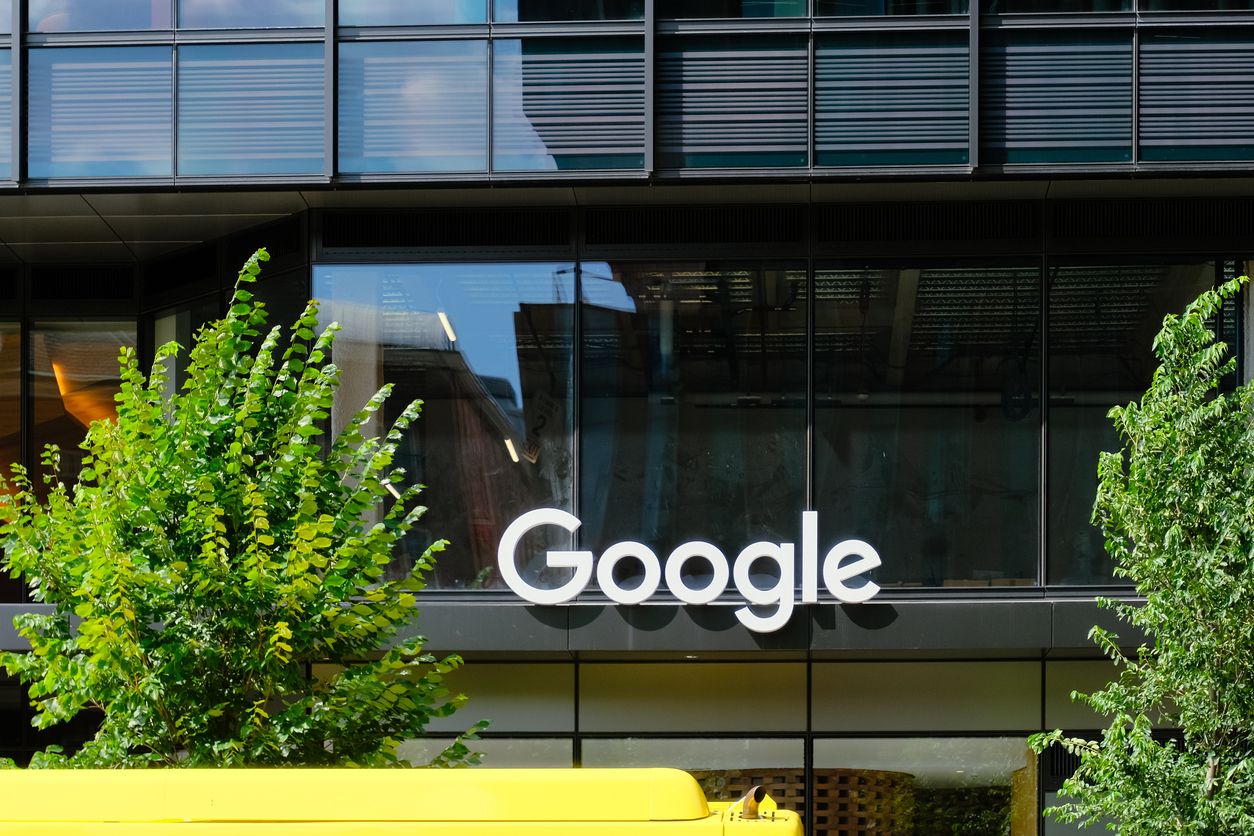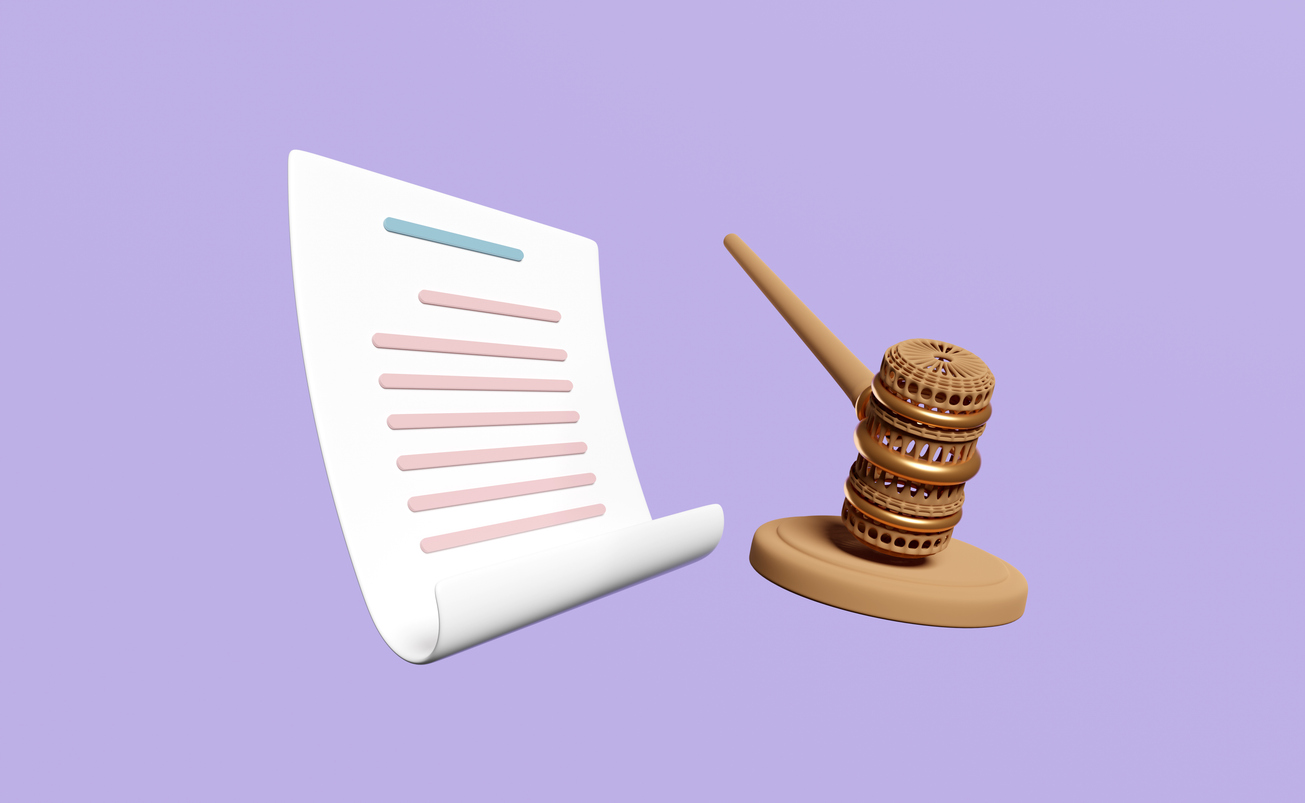The introduction of ChatGPT has put artificial intelligence (AI) in the global spotlight, but AI is no longer a newcomer to auditing. The Big Four - PwC, EY, KPMG and Deloitte - as well as the Next Six have been driving the digitalization of their audits with AI-supported solutions for years. They are investing billions in efficiency gains and quality improvements to meet the challenges facing the industry.
Massive investment in the future
The Big Four are making targeted investments in the further development of AI technologies. PwC, for example, is planning to invest 1 billion US dollars in generative AI in the USA alone, while the German branch is providing 150 million euros for corresponding projects. Deloitte, KPMG and EY are following suit with similarly high sums. In addition, there are strategic partnerships with technology leaders such as OpenAI, Microsoft, Google and Aleph Alpha, which secure access to cutting-edge innovations.
The Next Six, including BDO and RSM Ebner Stolz, are also investing in AI to increase the efficiency and precision of their audits. Networks and collaborations enable these companies to remain competitive despite lower budgets.
AI as an assistant, not a replacement
The Big Four audit platforms are already using AI in a variety of areas: from analyzing large amounts of data to automating routine tasks. KPMG, for example, uses a tool that automatically processes scanned invoices, while PwC efficiently analyzes leasing contracts with "ChatPwC". These technologies not only save time, but also enable a risk-oriented audit by identifying conspicuous transactions or deviations more quickly.
"AI helps us to work more efficiently and at the same time increase the quality of our audits," says Andrea Bruckner, Co-CEO of BDO. Human expertise remains indispensable: AI provides tools that give auditors more time for strategic tasks without replacing them.
Skills shortage and regulatory requirements as drivers
In view of the shortage of specialists and increasing regulatory requirements - such as sustainability reporting - the industry is increasingly relying on AI. "Our profession has too few auditors to fully meet the regulatory requirements," says Rüdiger Loitz, COO Assurance at PwC Germany. AI relieves the burden on auditors by automating time-consuming tasks and creating capacity for more complex activities.
Investing in people and technologies
In addition to technology, companies are investing heavily in the training of their employees. "It is essential that inspectors acquire the methodological skills to correctly classify the results of AI," emphasizes Bruckner. Further training programs should ensure that employees can fully exploit the potential of AI.
Cooperation is key for smaller providers
While the Big Four are driving development with their resources, smaller providers such as BDO and RSM Ebner Stolz are looking for cooperation models. BDO, for example, offers an alliance program that gives smaller companies access to AI tools and expertise. This strategic cooperation is intended to strengthen the competitiveness of the entire industry.
Outlook: AI as a pioneer, not a replacement
The auditing industry sees AI as a transformative force that will permanently change everyday working life. However, complete automation of the audit is neither legally permitted nor technically possible. For the time being, AI remains a supporting assistant - an indispensable partner for meeting the growing demands of the industry and further optimizing quality.
Related articles
Current vacancies
Most read articles
Discover more topics
Our partners
Discover exclusive jobs nationwide with us at:


Discover exclusive jobs nationwide with us at:


Discover exclusive jobs nationwide with us at:


Discover exclusive jobs nationwide with us at:


Discover exclusive jobs nationwide with us at:


















